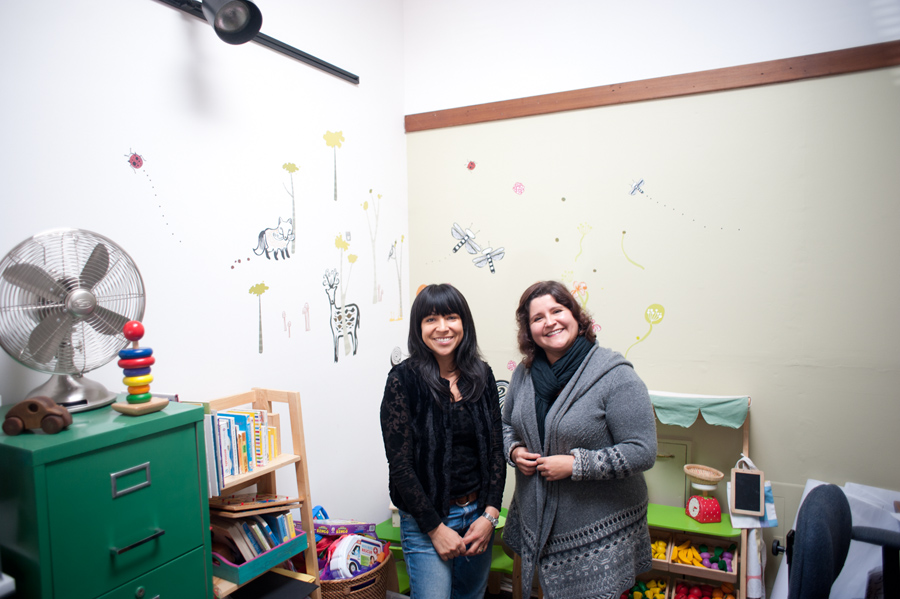For the past eight years, Shoreline School Readiness co-workers Alex Porrata and Maria Niggle have worked prodigiously to provide young children and their . . .
Shoreline School Readiness program to address poverty


For the past eight years, Shoreline School Readiness co-workers Alex Porrata and Maria Niggle have worked prodigiously to provide young children and their . . .